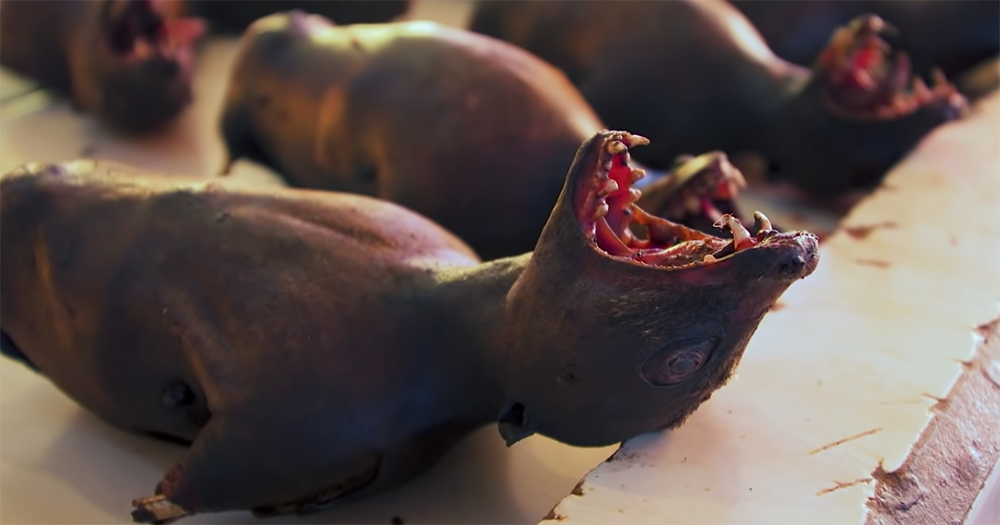Several restaurants in the Indonesian city of Manado have removed bat dishes from their menus over fears of the novel coronavirus, Jakarta Post reported.
These dishes include bat meat stewed in coconut milk and paniki (bat stew or curry), with paniki in particular being a popular dish for church events and house parties.
Dishes removed over fears of the virus and rumours
Mereyke, a restaurant owner, was quoted as stating that his restaurant had halted the sale of bat dishes, some of which were best-sellers.
He said, "We haven’t sold [bat dishes] for a week. We are worried because we’ve learned that bats are carrying the virus."
Meanwhile, another restaurant owner, Nicolina Pelealu, stated that she had removed paniki from the menu of her restaurants to safeguard against rumours.
However, she added that she will still cook the dish on for personal orders, especially if it is from her regular customers.
Bats removed from sale at Indonesia's "scariest market"
Separately, Bloomberg reported that the sale of bat meat had been taken off a wet market in the Indonesian city of Tomohon in North Sulawesi.
Nicknamed Indonesia's "scariest market", the place also sells dogs, cats, rats, wild boars and snakes.
&t=269s
Tomohon's health chief, Isye Liuw, added that vendors had also been encouraged to halt the trade of such livestock, apart from pigs.
She said, "We met with the traders to provide information about the danger of coronavirus and ordered them to stop sales of bats and snakes."
Bats are able to carry high viral loads
Although it is still unclear which species the virus truly originated from, experts have speculated that bats may be the original source given that they can carry pathogens without suffering from the disease, a Duke-NUS medical school team has found.
Other viruses that originated from bats include the severe acute respiratory syndrome (SARS), Middle East respiratory syndrome (MERS) coronaviruses, and the Ebola virus.
A seafood market in Wuhan, China that sold an outrageous variety of live wild animals for consumption, including bats, peacocks and wolf pups, has been linked to the current outbreak.
A deadly cocktail of factors, including close proximity between humans and wild animals, and cramped and unsanitary conditions there, could have resulted in the original spread of the virus.
The market has since been shut down, with China implementing a ban on wildlife trade in the country.
Top image screenshot from Best Ever Food Review Show YouTube
If you like what you read, follow us on Facebook, Instagram, Twitter and Telegram to get the latest updates.
